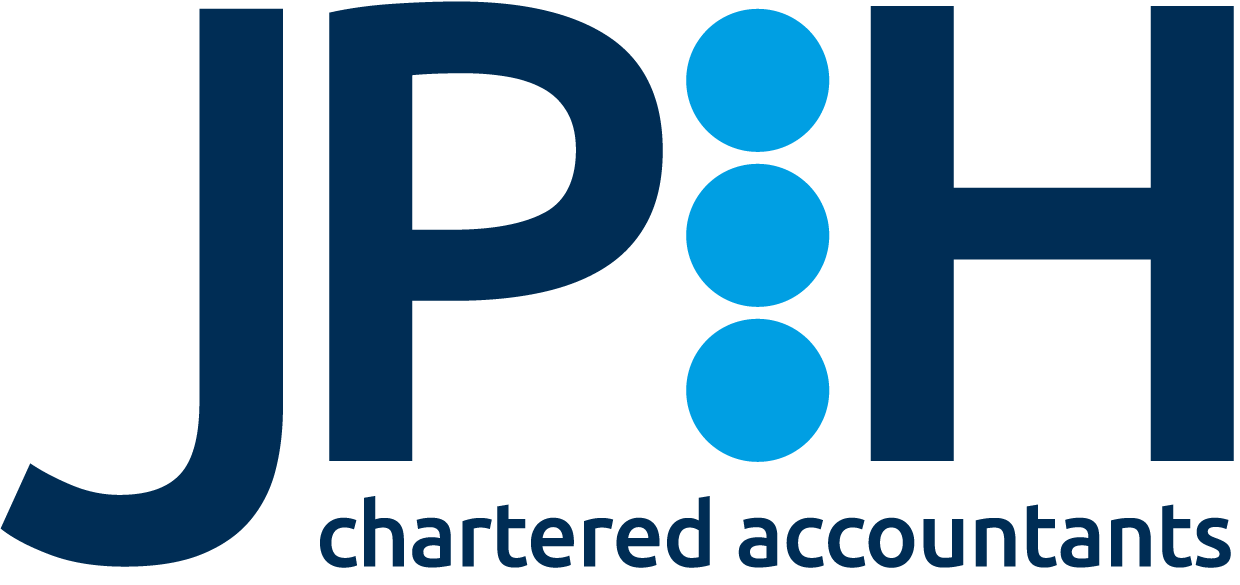We’re up for educating clients and giving them the tools they need to manage their own tax affairs.
But we also spend a lot of time helping them unpick problems that have come up because they found some out-of-date or incorrect advice online.
This is actually more common than you might think, especially when you consider the myriad of sources online from all corners of the world.
You can just as easily stumble upon tax advice from an accountant in the United States via a simple Google search than a firm on our shores.
If you receive bad advice, either online or from Dave down the Black Horse, HMRC could slap you with a penalty – and these can escalate over time.
It’s possible that some self-assessment late-filers received bad advice as 1.5 million have less than a week to file their 2020/21 tax returns.
And that’s after HMRC extended the 31 January filing deadline by a month and gave them until 1 April to pay their bill in full or set payment plans.
Where to look for reliable sources
Your one-stop shop as far as reliable tax updates and guidance in the UK goes is GOV.UK. It’s not without its faults, but it’s usually rock solid.
Talking to people from non-accounting circles, some find the language on GOV.UK too complex and packed with industry jargon.
They have improved that in recent years, though – certainly since the pandemic – putting their content into layman’s terms.
Consumer watchdog Which? is the best of the rest in our humble opinion. They do a great job at deciphering technical terms.
What to avoid when going solo
Obviously, whenever you search for something online, you will be using a search engine (most probably, Google).
It uses your search intent to trawl for relevant results across the internet and while it pulls in local results first, it can show results from further afield.
That has the potential to display results from the United States, especially seeing as we use the same English language and share similar tax fields.
Look for are subtle differences, such as:
- HMRC is in the UK, the Internal Revenue Service is in the US
- self-employed income attracts income tax in the UK; in the US it’s known as self-employment tax
- in the UK you will have a unique taxpayer reference code; in the US they have individual taxpayer identification numbers.
The list is pretty endless and it’s easy to see how someone new to UK taxation might be led down this costly route.
Dispelling common myths
And then there are the taxpayers who’ve acted on the tax advice from a bloke down the pub.
Perhaps he talks a good game – most of us get the gift of the gab after a few drinks – or claims to be a retired accountant.
Take it with a pinch of salt and bear in mind that, despite best intentions, he might have an axe to grind with HMRC or the Inland Revenue as it used to be known.
The odds are he’s telling you what you want to hear – not what you need to know to help you comply with your tax obligations.
Get in touch if you want proper tax advice and to save money by complying with your tax obligations.


